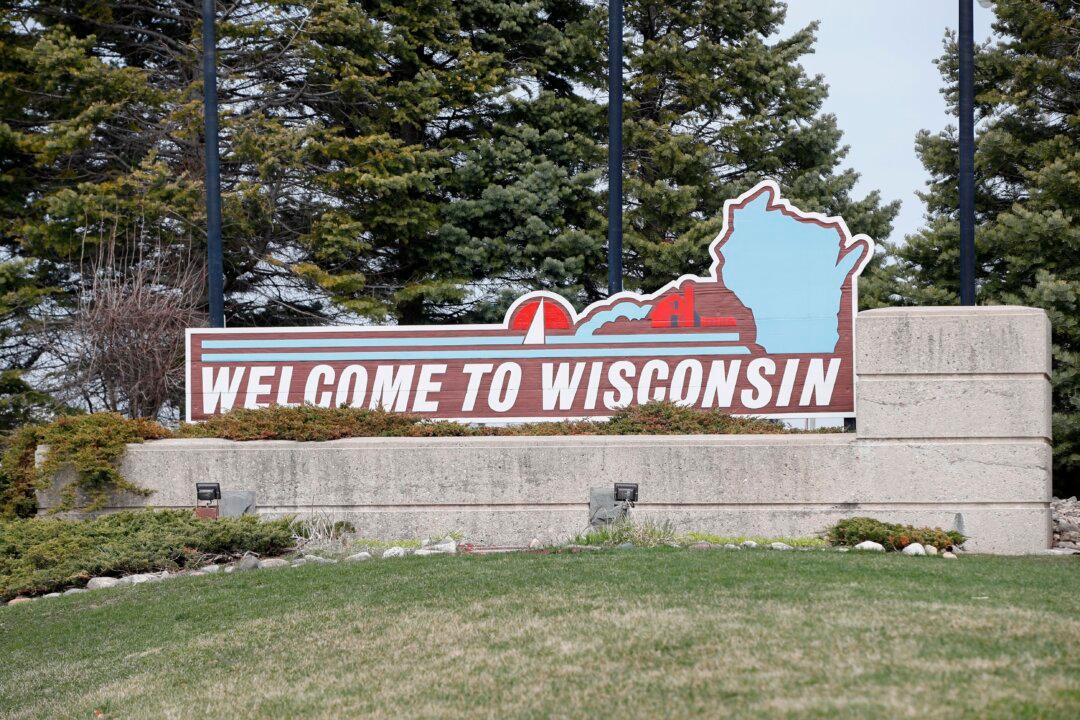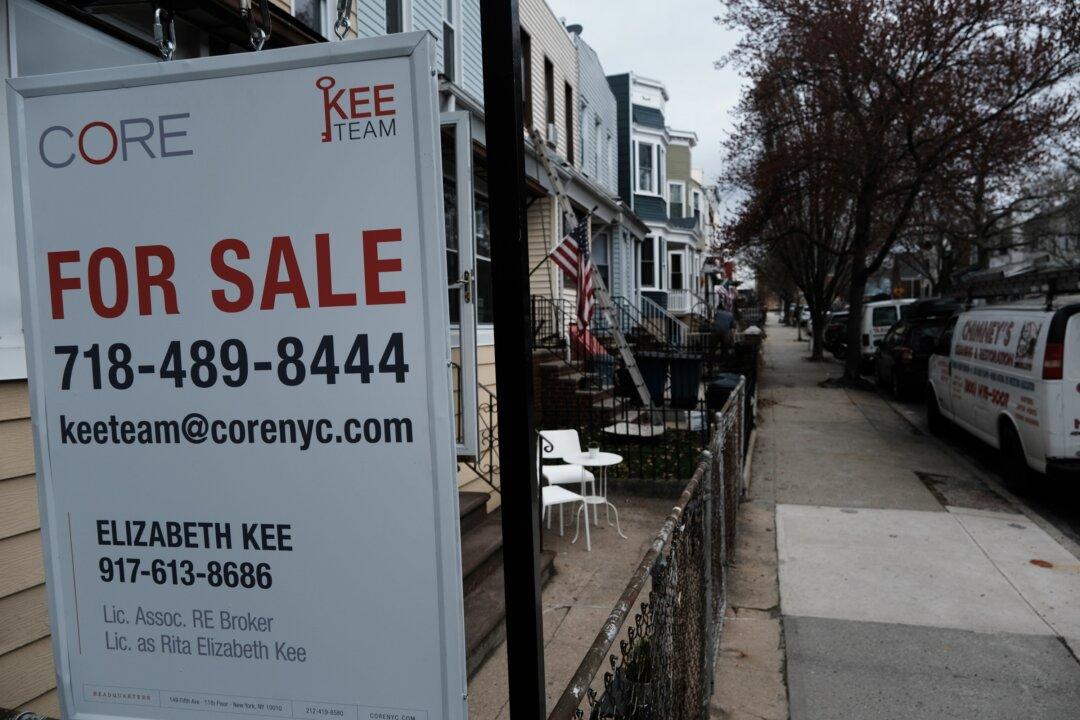A prominent, nonpartisan state think tank is warning about what the billions in coronavirus stimulus money headed for Wisconsin will mean for government spending in the years to come.
The Institute for Reforming Government’s CJ Szafir said the American Rescue Plan and the CARES Act are flooding state and local governments with more money than they know what to do with. But he said, the money has to be spent, so local governments are looking at all the ways they can find to spend it.





